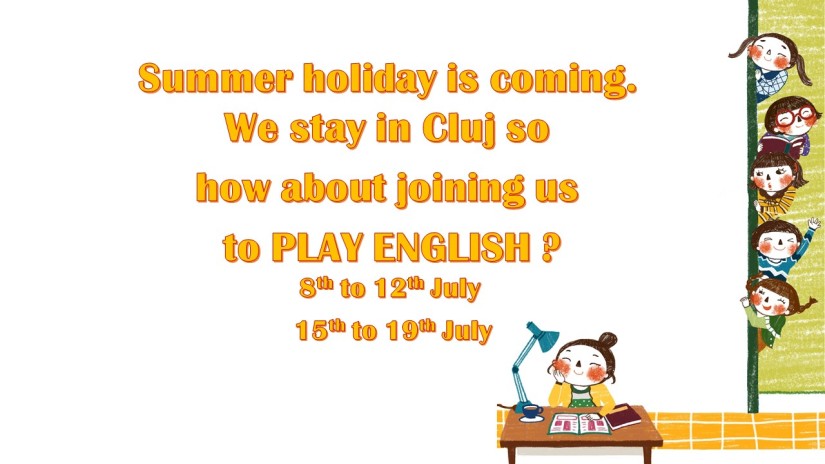
Let’s Play English!


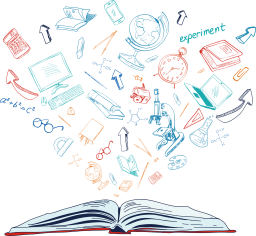
The greater majority of Romanian parents face educational dilemmas: “What primary and secondary school should we choose for our children? How will our children face the challenges of the Romanian state education? What grades will they obtain for their final evaluations at the end of Grade 8, and how can we support our children to achieve the highest grades? What high schools will be appropriate, based on the outcome grades from the ‘Capacitate’ exams? How will our children successfully complete their high school careers, and will they be accepted into good universities?”
There are many cases where students are not accepted into a quality high school due to limited places available. Some parents choose the private system, but they follow the same curriculum with the same teaching methods of earlier generations. We hear about students who are obliged to learn the names of all tributaries into the river Tisa, along with all the states and capital cities of Africa. These examples from geography can also be identified in all the other academic subjects. Students are obliged to learn things that are not relevant for their lives, things that, if found relevant, can be easily accessed on the internet. Important matters for the social and cultural development of children such as freedom of expression, tolerance towards others and civic responsibility are marginalised in the orthodox state education provision.
Since 2000 there have been attempts to modernise the Romanian educational system through a new National Curriculum following the model of the new framework for England and Wales, and popular adherence to the Cambridge International Examination offer (CIE) which is the global leader. Under the UK provision, children benefit from diverse and general education before 14 years of age, and the knowledge they receive is relevant to real life and real world learning. From 14-16 years’ students narrow their learning foci and increasingly specialise on an average of 8 subjects for their GCSEs (equivalent to Capacitate). This first tier of exams is taken at age 16.
Once they successfully pass this stage, students may choose a minimum of 4 subjects for in-depth study for A Level (Baccalaureate). Students follow the advanced syllabus between the ages of 16-18. According to this education system, students focus on a smaller number of subject options but study in much greater and more meaningful depth; and learn what is most relevant for their lives and future career prospects.
A new and innovative system in Cluj-Napoca is the radical concept implemented at Cluj Study Centre. Here students are enrolled in a distance-learning school in England. They have an individual tutor from the school for each subject they choose, and they also have a pastoral project coordinator in CSC. Every subject has set assessments at the end of each learning unit, and this is marked by subject specialists who provide extensive feedback to students and parents alike. At the end of each two-years cycle, the students will sit their examinations in an accredited CIE centre in Romania which is affiliated to CSC.
This niche education initiative is becoming more popular in Romania, both for local and international families. It is suitable for students who wish to opt out of the traditional education system because it is too arbitrary and narrow, and it is equally attractive to parents and families who must relocate between regions and countries due to job requirements.
The immense advantage is that all students learn at their own pace and can rely on their tutors at any time. For the first time we have in Romania this attractive opportunity: assisted distance learning with the added incentive of good pastoral care and safety. The CSC support for distance studies is ensured by specialised teachers who know the curriculum and the requirements, and they provide their expertise in a controlled environment. CSC teachers operate as mentors and monitors who supervise progression and continuity, and who collect progress and assessment data for reporting when parents require it.
Students of mixed abilities and ages share the same learning space and they work with teachers on a personal needs basis. CSC also offers add-ons in English, drama, art, music, technology and mindfulness. This is all offered within the afterschool system. CSC students are positively encouraged to become more responsible for their own studies, progress and choices. As the medium of study is through English language, students find it easier to connect with the world via modern technologies. This new niche concept put into practice by CSC follows the lines of a university-oriented programme, where students are enabled to choose the subjects they wish to follow; they have visitor-lecturers and they are informed about methods of personal development and the requirements of real world careers. This approach helps CSC students to find their own niche in the world. CSC offers a variety of mindful academic journeys.
Travelling is a valuable way of learning. And teaching. This is why we undertake at least one field trip each term – to stimulate awareness of environment, rural education and local craft skills and history. We are supported in this activity by our generous partners. This November we went to Maramures and spent a whole week at Soare-n Maramures.
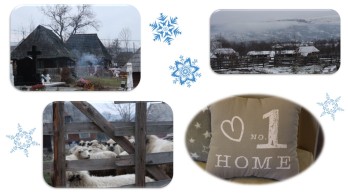
We dedicated part of our day to our private studies. The afternoons have been dedicated to learning about the local culture and crafts.
We had a day trip to Sighetu Marmatiei to vist the Memorial of the Victims of Communism and of the Resistance, to support our study of history in the classroom.
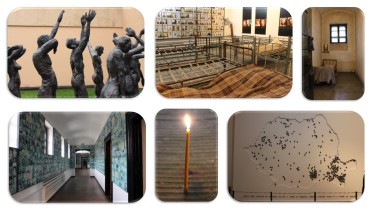
In the evenings, we had fun and further built communication in our small community, by playing games and doing arts and crafts with our wonderful hosts.
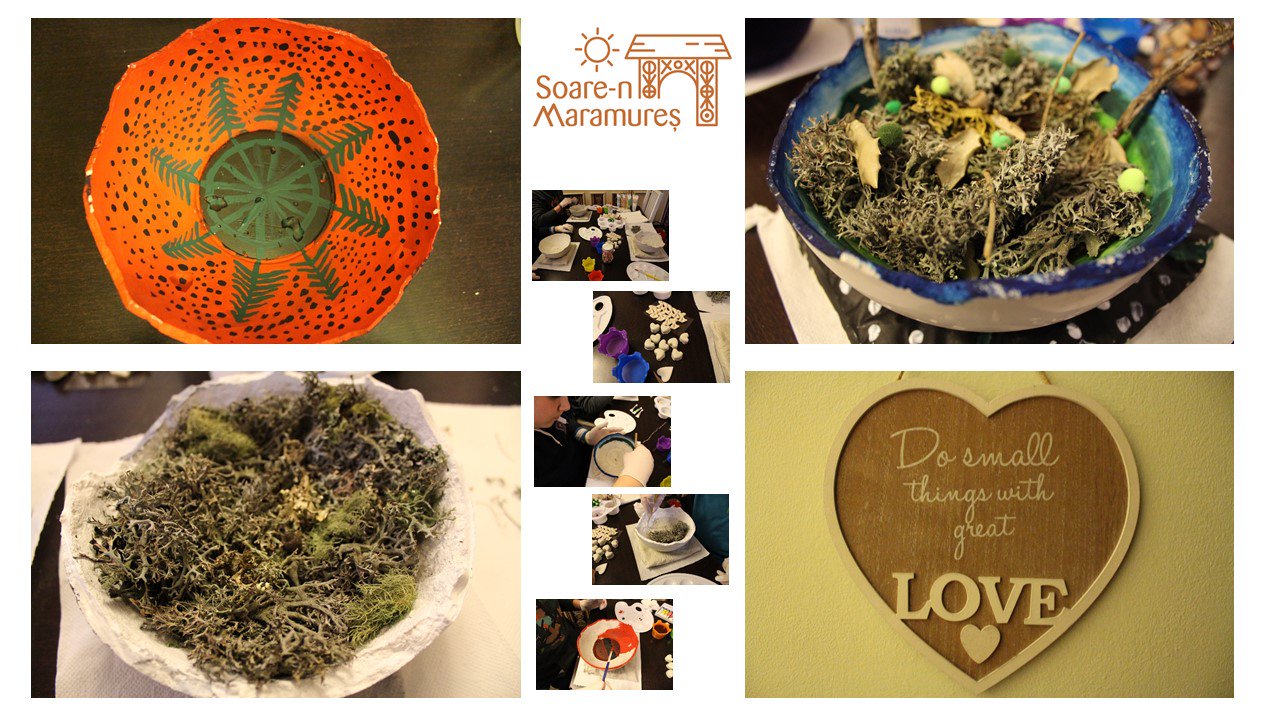
As in every week day, I wake up at 8.30 in the morning, thinking about what new things, and especially explanations will be introduced in my life through this learning system. A normal school day for me was a simple day, with constant mechanic learning, and rarely true understanding of the subjects.
Since I’ve been introduced to this system, my perspective of the subjects that I needed to learn has totally changed. I began to understand every lesson, and to apply the facts that I learned to my daily life. The way I understand and see things now is much more advanced than it was in the previous years, when I attended formal school, and I am sure it’s not just because of time and the fact that I grew up. I have friends who tell me how hard their learning system is in school, how much they need to work at home and especially that they don’t understand what they’re meant to do with all the information. Since this year began (and I began learning on this system) it happened to me that I could explain to my friends different subjects and topics. It sounds ridiculous for a 15
year old to discuss about school with friends in his free time; but for me school began looking as more: learning and understanding the basics of life. It is like I create daily a better version of me, with more knowledge.
The way I study things now allows me to create my own perspective of how life works and allows me to understand what’s around me. I have more freedom like this, I understand subjects way better and I got the ability to think much more further than I did in the past. I can begin my day positively, and stay concentrated.
As I arrive at school, I usually have 30 minutes to set up before study begins. Most of the time I set up my laptop prepare the subject I have for the first lesson, and then I have 20 more free minutes when I play various games with my colleagues. A little bit of sport, even if it is not serious but just as games, kind of wakes me up in the morning. Especially table tennis. It makes me be positive about what will come across your day. Of course after doing this, my lessons begin. Because of the atmosphere in the class, I kind of have the ability to be way more productive than in a normal school, or even at home. After 1 hour of work, we get another short, 15-minute break when again we can free our minds playing different games. We continue with private study for an hour and then we have a lesson with a teacher – either Maths, Science, English or History. After this lesson we have the lunch break, which allows us to kind of revise everything we’ve learned, in our minds. In the afternoon, we have two different lessons, each of one hour, with a teacher.
This is a normal school day at C.S.C. In my opinion, it is the best possible learning system at this age.